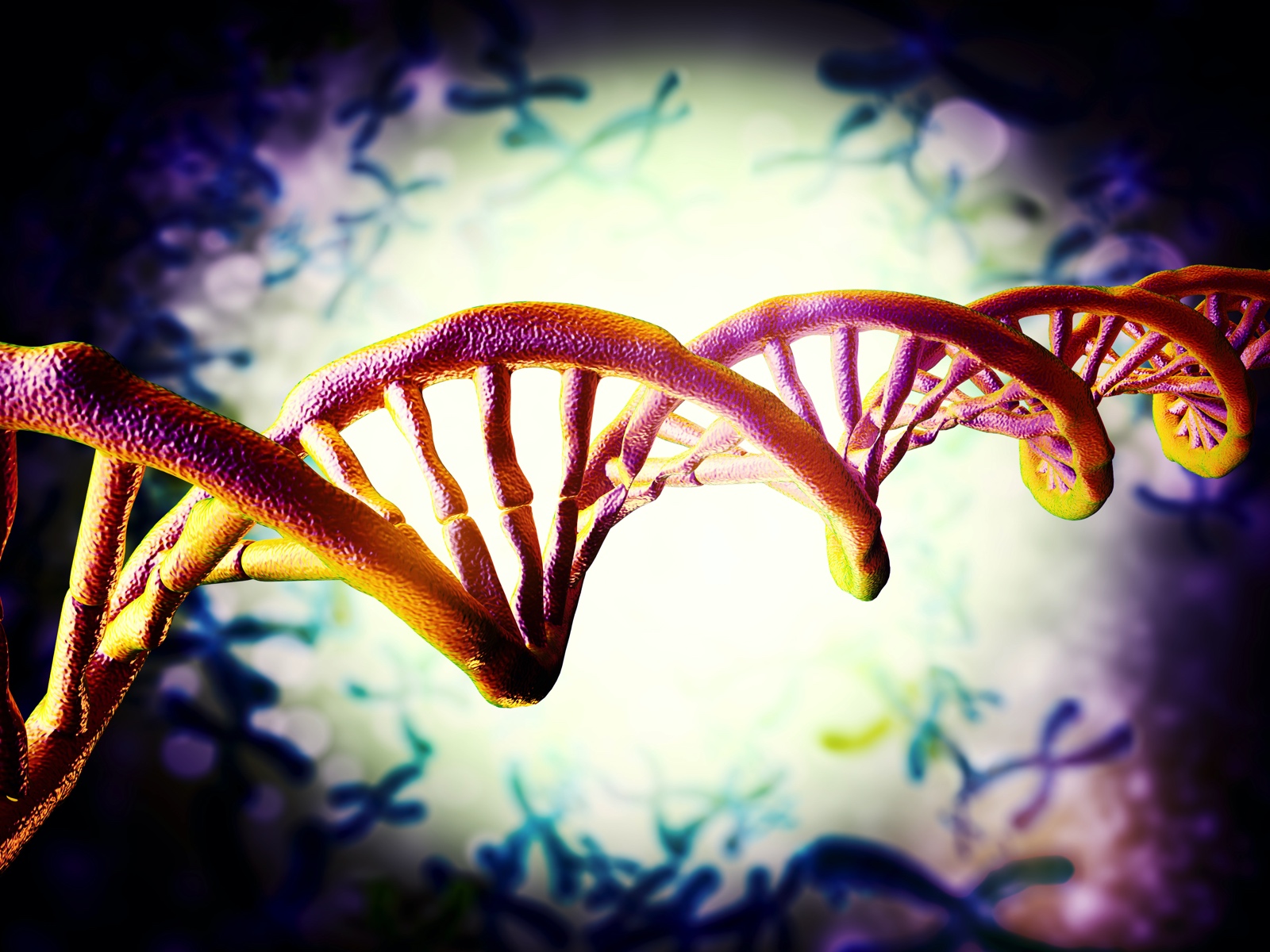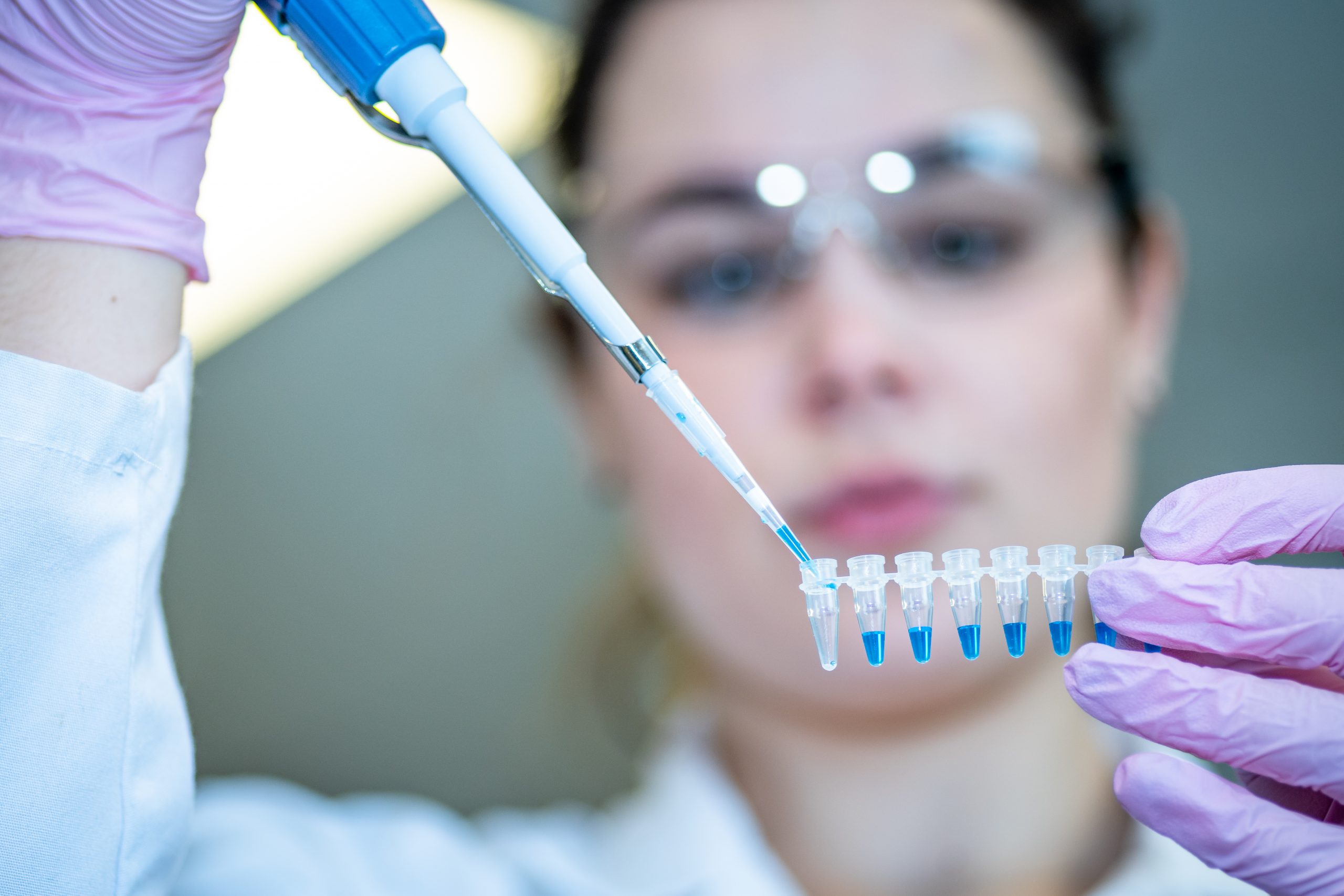Clinical genomic analysis is being broadly applied to the diagnosis of human disease, with the rapid uptake of genomic medicine into the Australian healthcare system. This is leading to a surge in reports of variants of uncertain significance (VUS), which may or may not be associated with human disease.
The Australian Functional Genomics Network (AFGN) is a national consortium that fosters collaboration between model organism researchers and clinicians to determine the potential pathogenicity of genetic variants. The network developed the Australian Functional Genomics Registry, a database of model system teams in Australia. The registry captures profiles of scientific investigators who have nominated their area of interest and expertise by gene/pathway/cellular system. With more than 2280 genes listed in the registry, it can be queried when a VUS is identified, and the best-match model system team(s) can be invited to undertake research on the candidate disease gene/variant of interest.
By working collaboratively, teams are able to deliver a better understanding of the genetic and cellular disease mechanism to potentially develop prevention guidelines and diagnostic tests, and to investigate potential therapies.
Lead investigators

Professor Sally Dunwoodie
Victor Chang Cardiac Research Institute

Professor Andrew Sinclair
Murdoch Children’s Research Institute
Contact
Tessa Mattiske functional.genomics@mcri.edu.au




